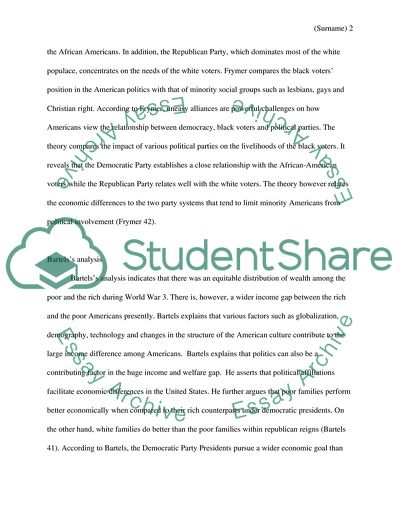Cite this document
(“The relationship between unequal democracy and uneasy alliances Essay”, n.d.)
The relationship between unequal democracy and uneasy alliances Essay. Retrieved from https://studentshare.org/social-science/1655245-the-relationship-between-unequal-democracy-and-uneasy-alliances
The relationship between unequal democracy and uneasy alliances Essay. Retrieved from https://studentshare.org/social-science/1655245-the-relationship-between-unequal-democracy-and-uneasy-alliances
(The Relationship Between Unequal Democracy and Uneasy Alliances Essay)
The Relationship Between Unequal Democracy and Uneasy Alliances Essay. https://studentshare.org/social-science/1655245-the-relationship-between-unequal-democracy-and-uneasy-alliances.
The Relationship Between Unequal Democracy and Uneasy Alliances Essay. https://studentshare.org/social-science/1655245-the-relationship-between-unequal-democracy-and-uneasy-alliances.
“The Relationship Between Unequal Democracy and Uneasy Alliances Essay”, n.d. https://studentshare.org/social-science/1655245-the-relationship-between-unequal-democracy-and-uneasy-alliances.


